We were lucky to catch up with Nate Watters recently and have shared our conversation below.
Hi Nate, thanks for joining us today. What do you think it takes to be successful?
I work as a commercial and editorial photographer, a field where it’s pretty standard for people to find a niche or a specialty subject, stick to it, and get hired strictly for their style and knowledge around that one subject. This works really well for a lot of people, and I admire so many of my friends and colleagues for their unique styles and abilities to make stunning editorial portraits or highly polished commercial lifestyle work, for example. I’ve often wondered if it would benefit me to focus in on one specific area, but I think I’m just too interested in…everything. What I love most about my job is that no day is the same. I get glimpses in to so many different worlds and have some pretty amazing access along the way. I feel like keeping my feet in different worlds all the time is a great way to maximize that element of why I love what I do so much. Sometimes, I’ll be shooting food/beverage work, corporate headshots, and live music/performance all in the same week.
Up until I started freelancing, I had been working as a social worker. I spent all of my free time going to concerts and photographing live music, which will always be my biggest passion. I got pretty good at it over the years, and I’ve come to have some really incredible opportunities in the music world, but I quickly realized those jobs alone weren’t going to pay the bills. Once I started freelancing full time, I took every possible job I could. It got a little overwhelming at times, but I genuinely enjoyed 99% of the jobs I was taking – weddings, live music, food, corporate headshots, events, commercial lifestyle/product shoots. Eventually, I learned which of those things I liked best, and rather than just pick one, I picked a few I could start saying no to, but continued saying yes to the rest. These days, I don’t really shoot family photos or weddings (other than occasionally for a friend), but otherwise, you name it and I’ll take it on.
I think being versatile, genuinely interested in my clients, and flexible in the creative process all help me to be able to say yes to more jobs and grow my career in more interesting ways without pigeonholing myself.
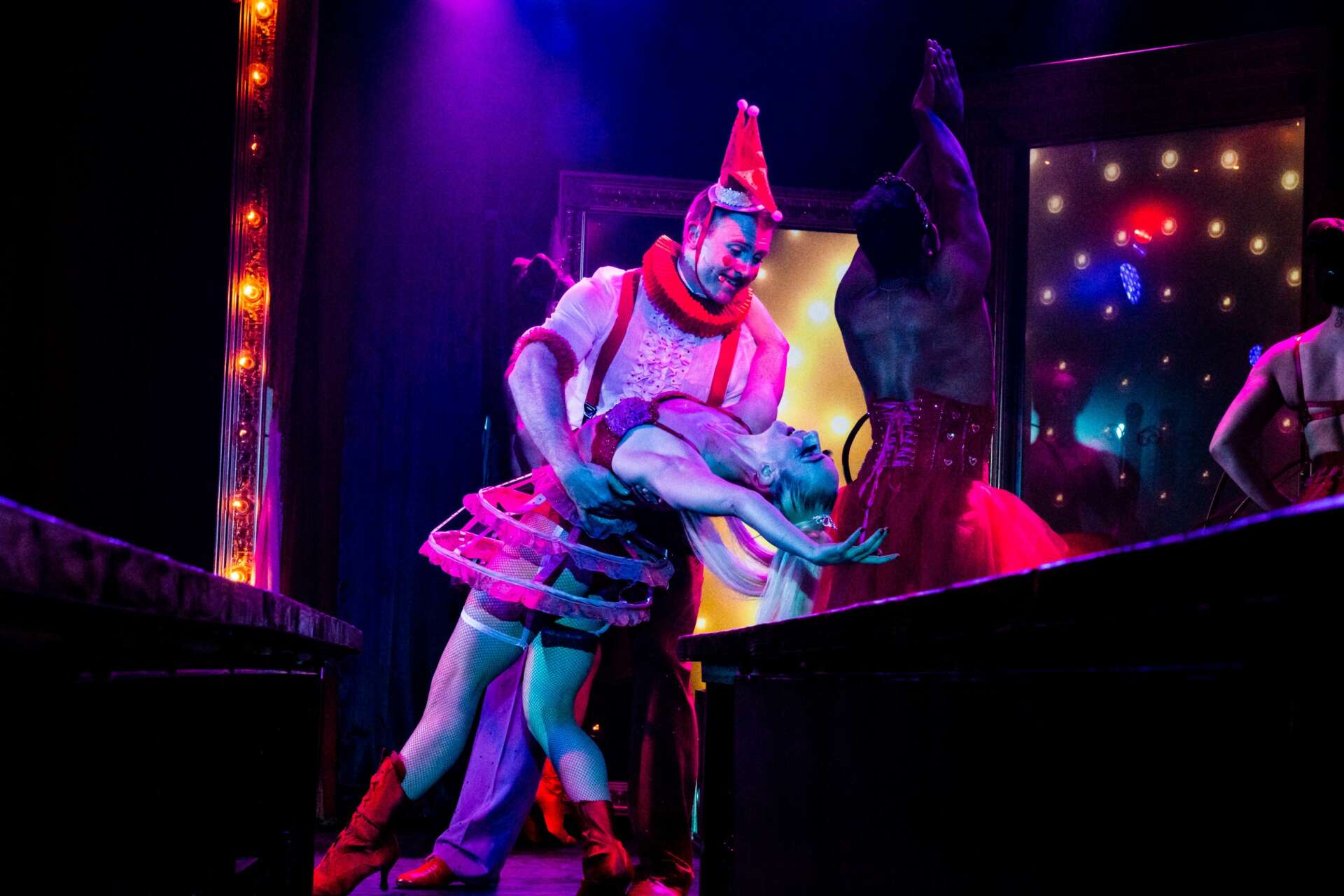
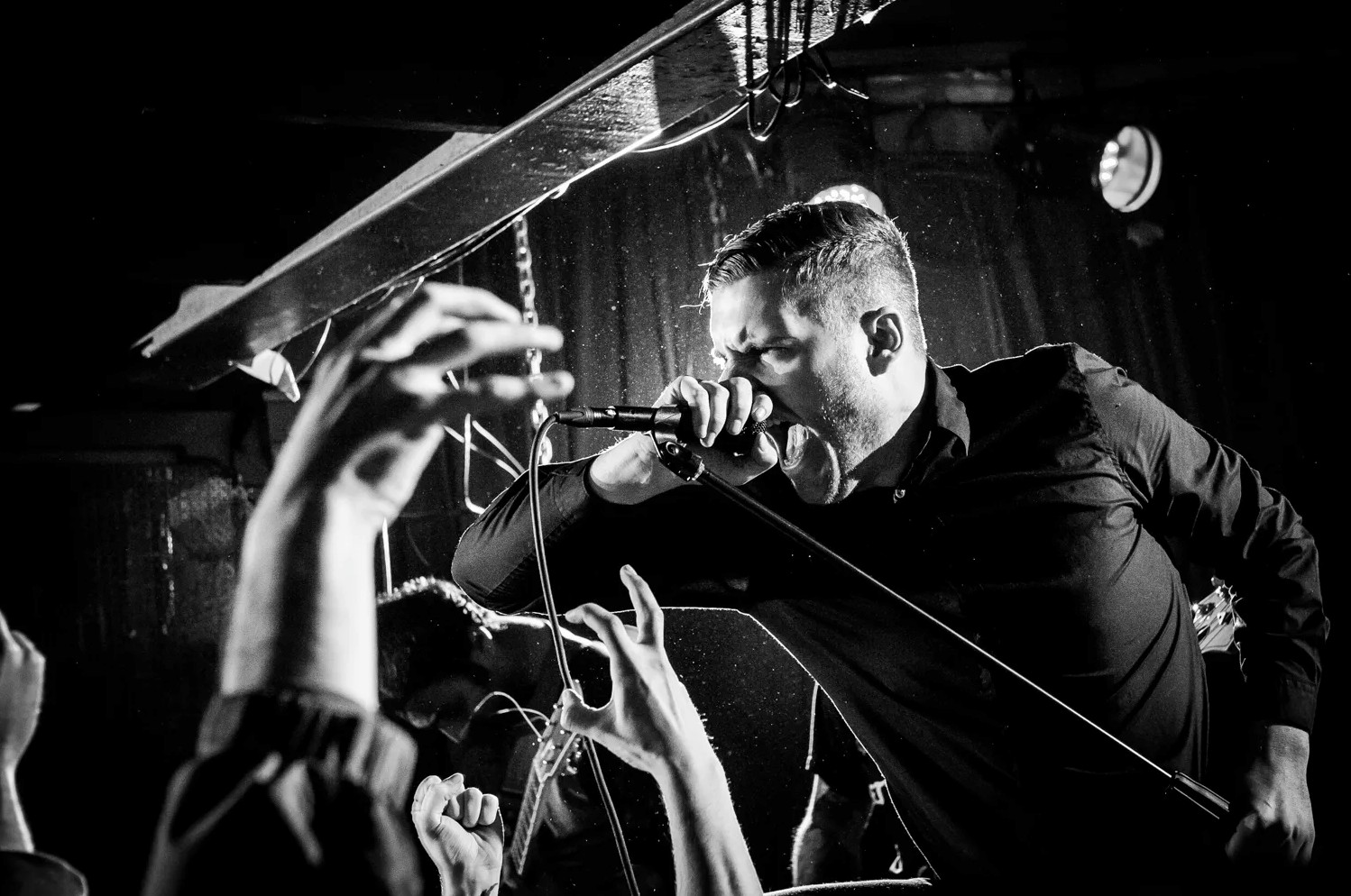
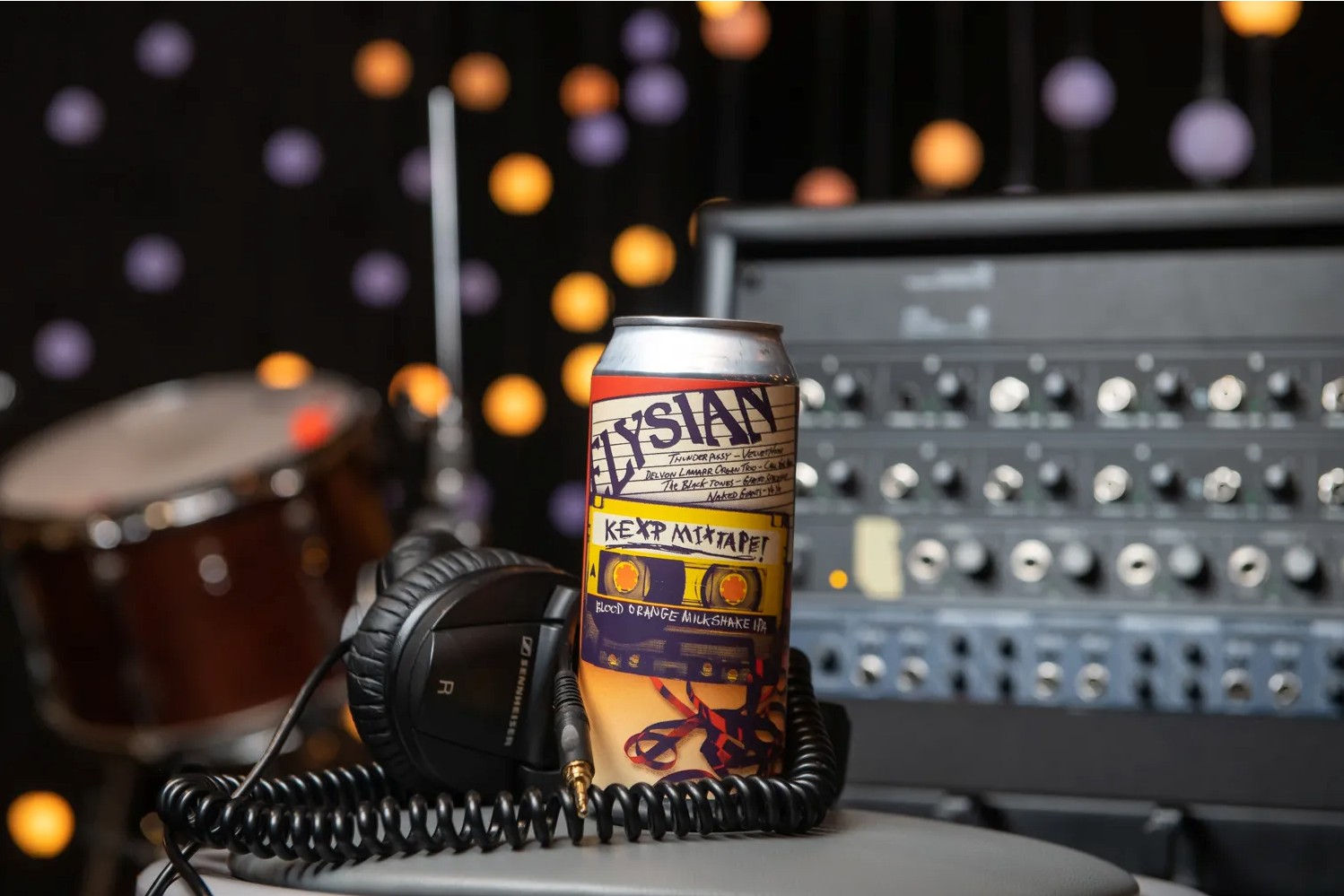
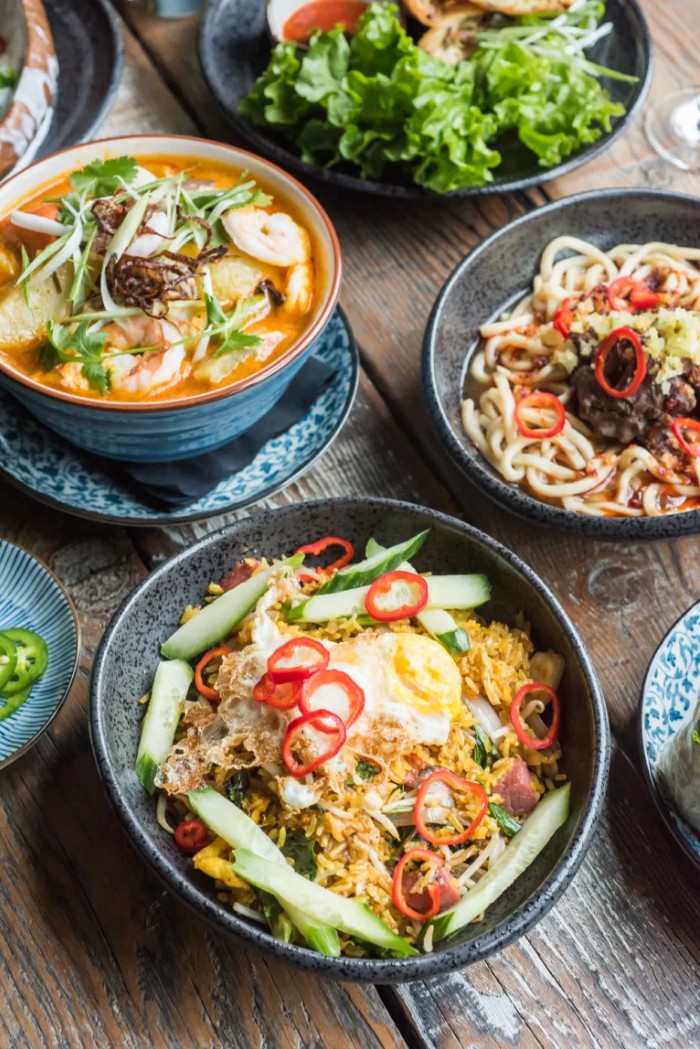
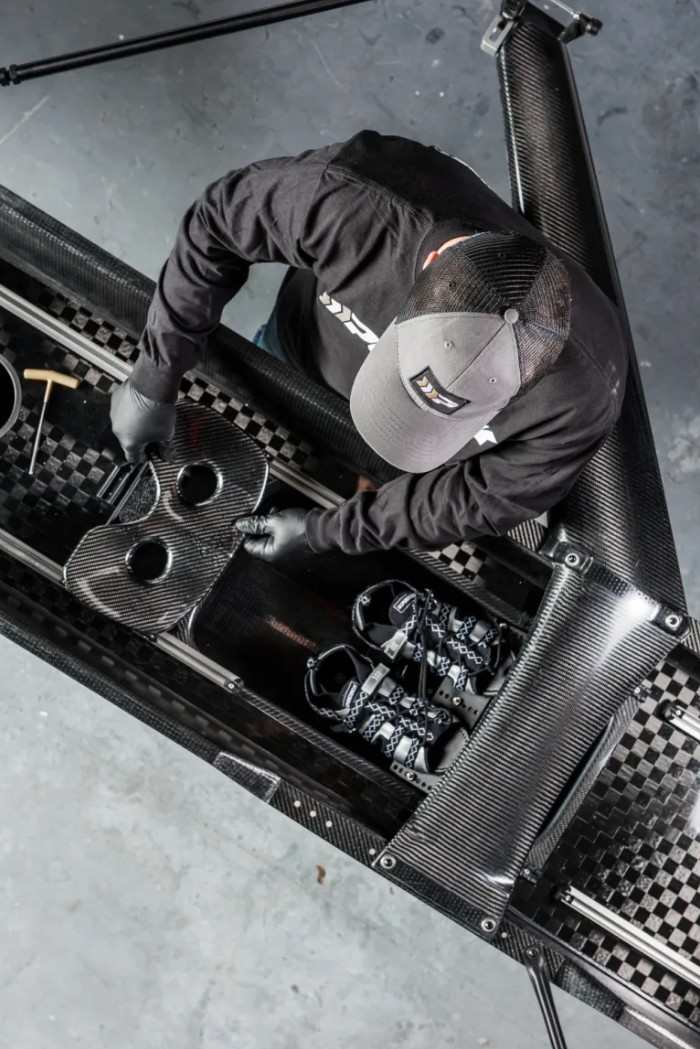
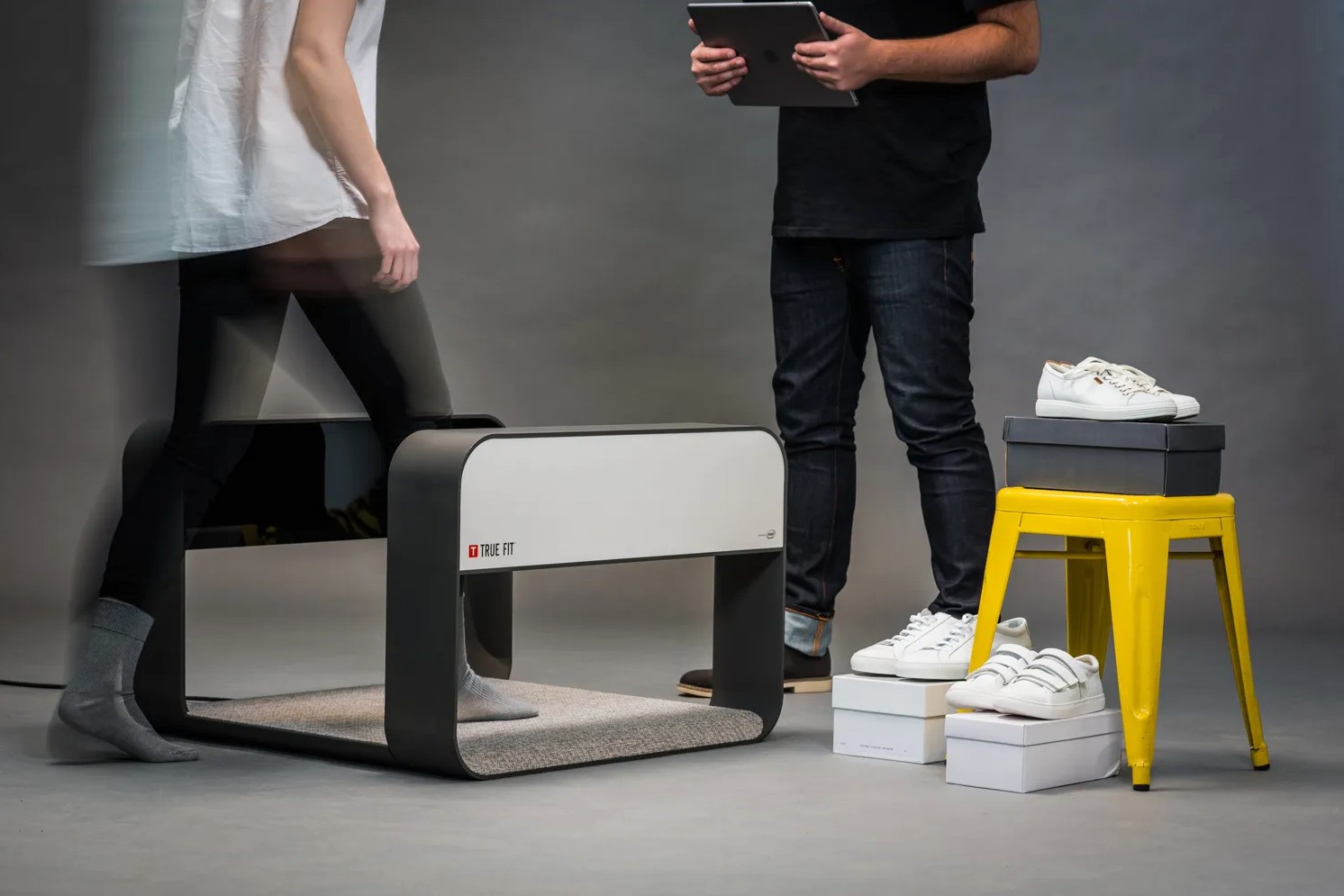
Nate, before we move on to more of these sorts of questions, can you take some time to bring our readers up to speed on you and what you do?
I started my career as a full time freelance photographer about 12 years ago. Up until then, I was working as a social worker, spending my days getting beat up and yelled at by kids who needed help, but didn’t want my help, and then getting beat up in mosh pits at night, with my camera in hand. I spent as much time as possible shooting live music. All of my friends were in bands in the early 2000s, so I got a ton of practice in back then. Eventually, I started asking for photo passes to bigger shows, shooting for fun, for bands, or for local music blogs. I was squeezing in some photography classes in school, as well, so I knew a bit about lighting portraits and still life. But music was my passion, and since I wasn’t shooting professionally yet, I just kept chasing down shows, shooting every concert I possibly could. Eventually I got picked up by a local magazine, called City Arts, to cover arts events, concerts, and the occasional portrait, which got me out meeting people in the arts and music scenes of Seattle.
Connecting with different people while shooting stories for the magazine eventually led to some commercial work. I got on board with a local chocolate company shooting their product, and started shooting production stills for a theater, among a few other things. I eventually was laid off from my full time job, and saw it as an opportunity to start freelancing. I didn’t have a business plan (or even know what one was, most likely). I didn’t have a plan. I just knew that that I had a small amount of money in my bank account that came from doing something I really loved. I figured if I just devoted as much of my time and energy to that as possible, I might be able to make it work. I said yes to everything that came my way – weddings and events took up a lot of my time. I knew those weren’t my passion, but I used them to fill in the gaps between other gigs. I was still able to shoot concerts at night, and was covering music festivals in the summer for the magazine.
All of my work came by word of mouth, and eventually I started getting bigger jobs. I shot an ad campaign for eBay back in 2015, which was my biggest job to date at that time. Around the same time got picked up by Red Bull Photography and started photographing some of their larger events in the Pacific Northwest – Flugtag, Soapbox Derby, etc. I was also shooting a monthly concert series they put on here in Seattle, while traveling to music festivals with them as well. I eventually landed a job as a house photographer for Coachella music festival, a total dream job. I remember being down in California, exhausted from our long days of shooting in the desert and fielding emails from commercial clients at the same time.
Today, my work is very similar. It’s fast paced, exciting, challenging, and constantly changing. I have a studio space that I share with a few very talented friends. It’s our office space, equipment storage, and has plenty of space for shooting. I fit in as much commercial work as possible, while still taking gigs with bands and shooting music whenever I can. My work consists of product/lifestyle photography, both in the studio and on-location, food and beverage, and live performance of all kinds.
Can you share a story from your journey that illustrates your resilience?
This isn’t necessarily a story, but I think the fact that I’ve stuck with my job as a freelance photographer for as long as I have illustrates my resilience. Or maybe it’s just an illustration of my stubbornness. Freelancing in general is probably one of the most challenging things anyone can do in any field. You’re constantly juggling every aspect of the job, and have to take on every role of the business. There’s definitely the job itself, which is the fun part, but at the same time, there’s the bookkeeping, maintaining client relationships, marketing, etc. Most of the time, you’re doing all of this on your own, all while battling the self doubt that I think most creatives deal with. You’re constantly wondering if what you’re doing is the right thing, or if it’s good enough. Some days you feel proud and successful of what you’ve accomplished, and some days you feel like there’s no way this is sustainable, worth pursuing, and like you’ve accomplished nothing. It’s full of peaks and valleys, as they say. I know not every freelancer experiences all of these things, but I do think everyone experiences at least some of these feelings at some point.
I feel incredibly lucky at this point in my career to have a studio space that I share with three good friends who are also freelancers in the same industry. Having an office away from the house is super helpful in creating a work/life balance, and having other people in that space who work in the same industry is great for getting feedback and input on various elements of the job. I’ve also got an incredibly supportive partner, who has always pushed me to keep moving forward from day one and who understands why I do what I do, even though it’s not always been the easiest for either of us at times.
Sometimes it all feels like a one step forward, two steps back situation, but a few years down the road, you look back and somehow you’ve made progress. Over the years, I think I’ve learned to give myself some of the credit for that success even though it really feels like luck. And the successes I’ve had, as small as they seem sometimes, are still successes that count toward the bigger picture.
I once attended a reading and book signing for Annie Leibovitz’s book years ago and chatted with her ever so briefly. I hadn’t been freelancing very long at that point, and my one question was how to endure the peaks and valleys of freelance photography. She said, “You just gotta ride it out and know that it’ll all work out”. At the time it wasn’t the most satisfying answer, but all these years later, if someone asked me the same question, I don’t think I’d have a much better answer for them. It’s something that’s different for everyone, and it requires new levels of confidence and faith in your process that it will all work out, even though it feels like you aren’t in control of any of it sometimes. And stubbornness. You have to be a little stubborn.
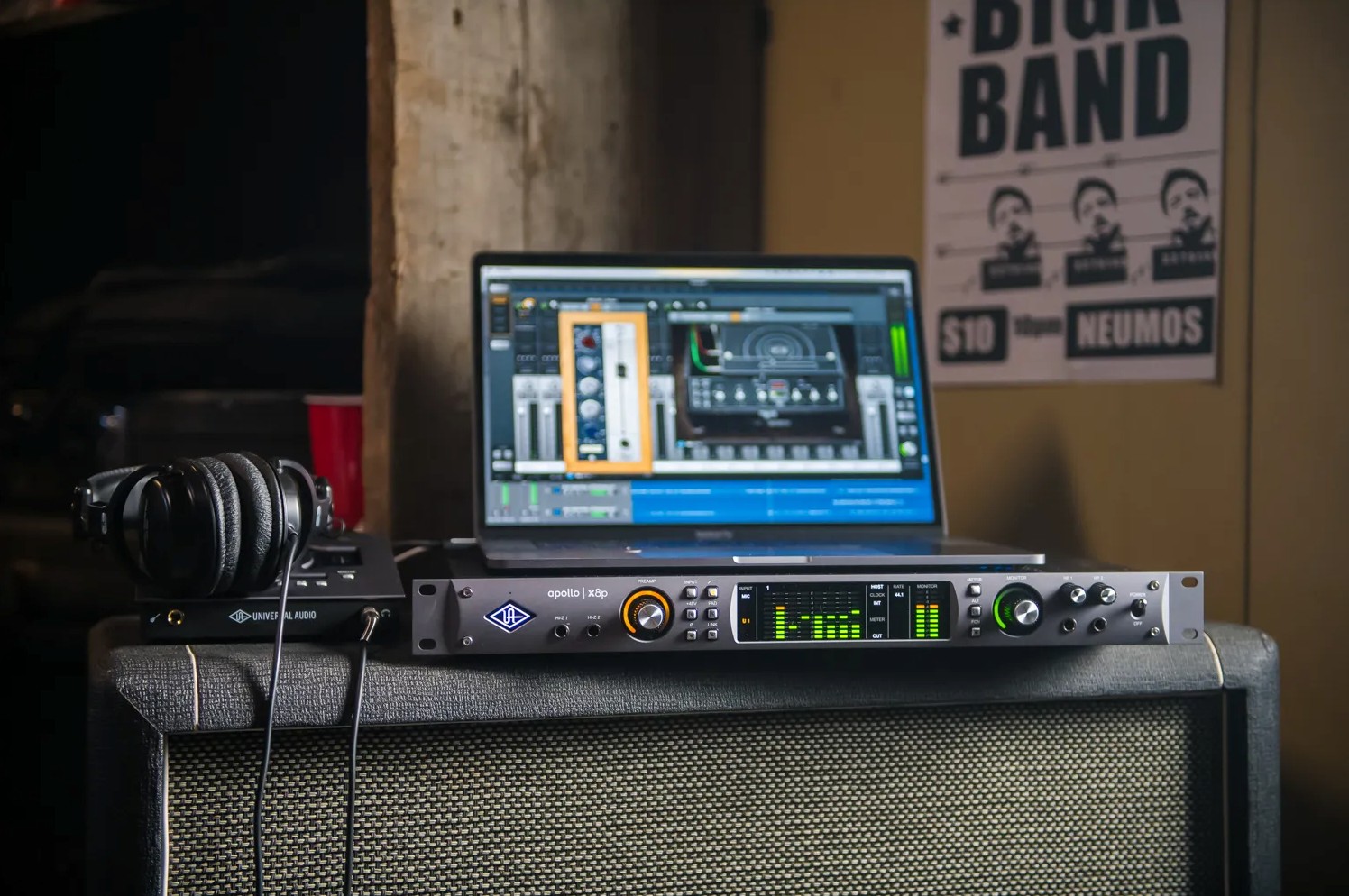
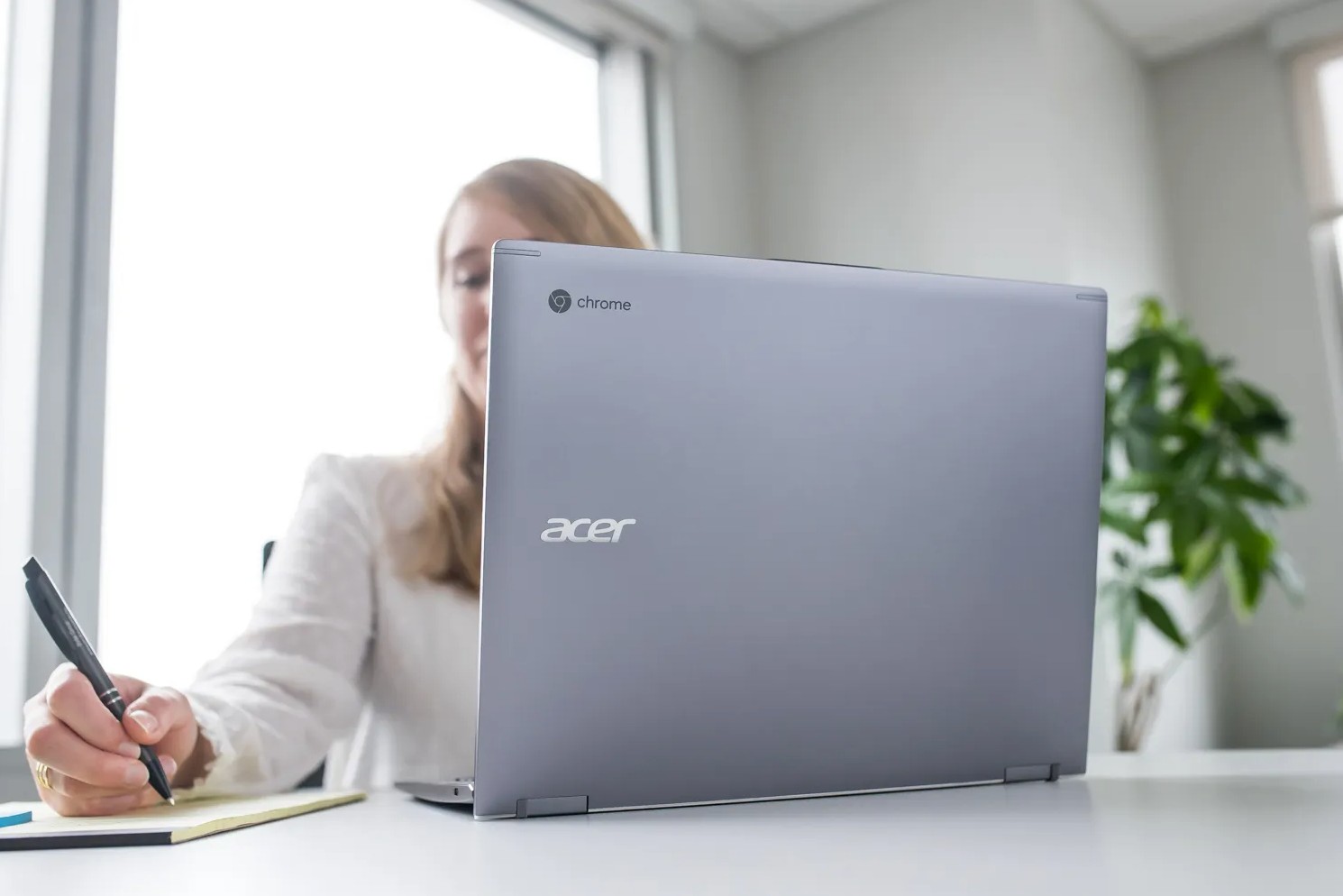
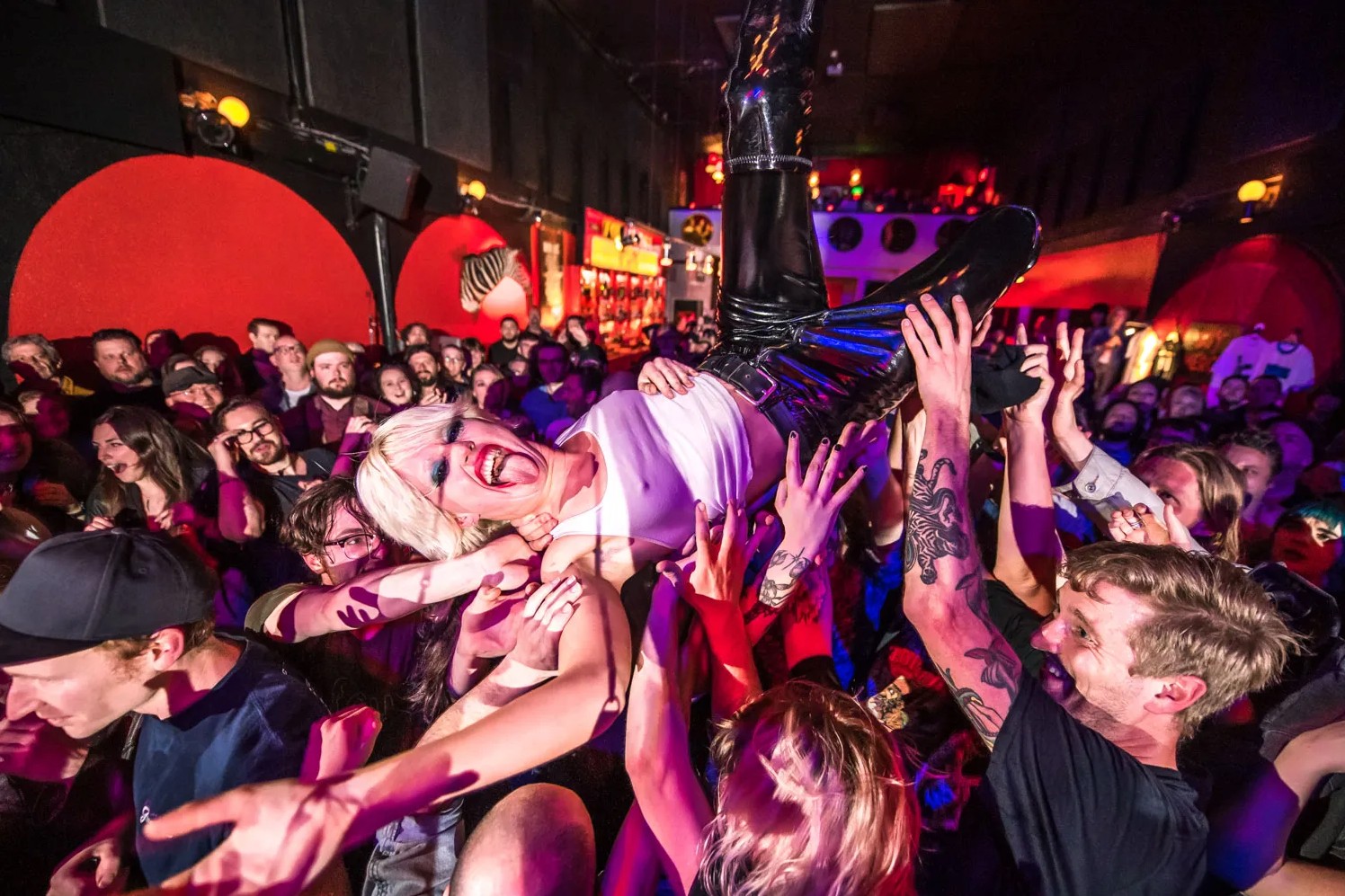
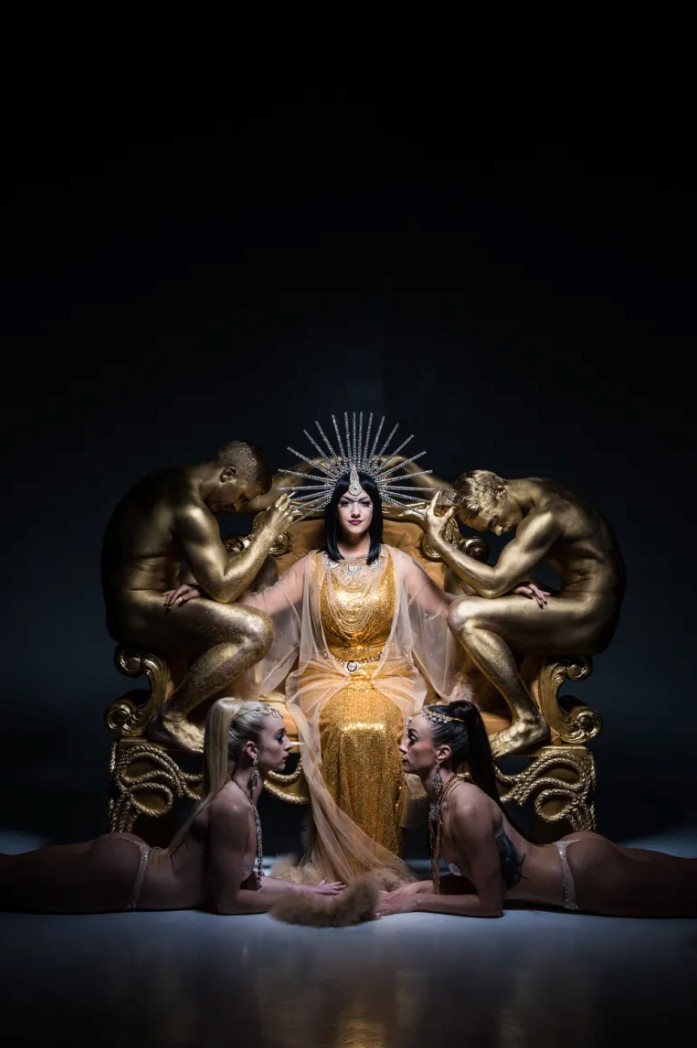
What do you think helped you build your reputation within your market?
For some of what I do, I think I’ve gained a reputation for my skill with that particular subject, but overall, as someone who spends a lot of time not working with just one subject, I think it’s the ability to be personable, interested, and flexible while still being able to see a client’s vision through. Live music and performance photography are pretty specialized both in terms of being able to balance capturing specific emotions within the confines of low light, fast-paced scenarios and also your ability to edit those photos. A lot of my initial jobs came from being well-versed in those scenarios.
As I moved along in my career, I started taking on more commercial jobs, spending time in different spaces, and on set with a lot of different people. I had to learn to adapt to working with not only different subjects, but also with different personalities. I’m very lucky to have clients I really enjoy being around, who offer up projects that are easy to take a genuine interest in. I have a lot of work that offers me a lot of creative freedom, but even if it’s not the most obviously interesting thing I’m shooting, I find a way to make it interesting. For example, corporate headshots aren’t the most thrilling, but I think people are interesting, so I do my best to make a point of talking to and learning a little bit about every single person that steps in front of my camera. It makes for a better end result, a better experience for the client, and ultimately, me getting to come back to work with that client again.
Contact Info:
- Website: www.natewatters.com
- Instagram: @nate_watters


